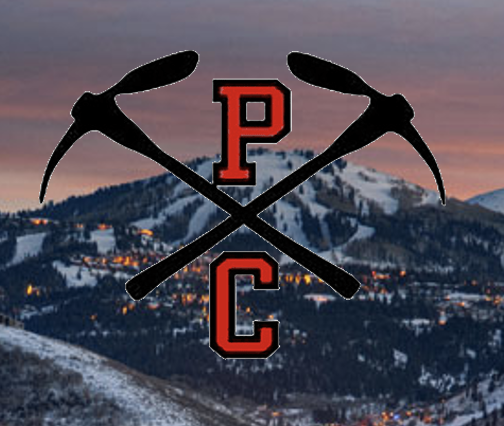Park City Snow Globe
2025 — Park City, UT/US
Evidence Policies
Except for evidence exchanges, the Snow Globe will abide by all rules and procedures outlined in the NSDA Unified Manual.
The Snow Globe will enforce the TOC's policy for evidence sharing in all Varsity debate events:
Debaters may request evidence from the opposing team. Debaters reading evidence must immediately present full carded evidence with full citations to the requesting team.
Evidence should be exchanged with the participants immediately via email (or using Tabroom’s evidence exchange system). An email chain (or alternate electronic exchange system) should be established prior to the debate in anticipation of such situations, such that all that is necessary is attaching and sending.
Prep time for the requesting team will not start until evidence has been turned over to the debater requesting said cards. Teams may prep during this evidence request time, this should encourage teams to have their evidence ready and available to present immediately. Judges should discourage teams from attempting to “game the system” if evidence requests become overly burdensome or create excessive delays in the debate.
It is strongly recommended that teams avoid delays by simply sending evidence prior to speeches, as is practice in other forms of debate.
For evidence used in debates, we recommend as a best practice that all evidence be cited using one of the prominent citation styles (MLA, Chicago, APA, or the standard Policy debate citation style). Failure to do so is not itself a violation of the rules set forth in this document, but following these norms constitutes an educational and ethical citation practice.
The NSDA's paraphrasing rules call for "cards" and/or delineation of specific text being paraphrased:
The written text must be marked to clearly indicate the portions read or paraphrased in the debate. See 7.2.B.3 for the penalty for failing to clearly indicate paraphrased text. In the written text the standard practices of underlining what is read, or highlighting what is read, and/or minimizing what is unread, is definitive and may be preferable to debaters. The clarity of other means of marking evidence is left to the discretion of the judge.
The NSDA rulebook prohibits citation of generative AI in all events:
... Students are prohibited from quoting or paraphrasing text directly from generative AI sources. Generative AI should not be cited as a source. The exception is that a student delivering a speech about the topic of AI may quote AI to illustrate their points about AI, in accordance with existing quoted word limits. While generative AI may be used to guide students to articles, ideas, and sources, the original source of any quoted or paraphrased evidence must be available if requested.
In debate events, generative AI should not be cited as a source; while generative AI may be used to guide students to articles, ideas, and sources, the original source of any quoted or paraphrased evidence must be available if requested.
In Interpretation events, students are prohibited from performing material created by generative AI sources. Generative AI should not be used as a source of material; while generative AI may be used to guide students to articles, ideas, and material, the original source of any material that is performed must be available if requested.
The tabroom will not hear evidence protests. Students reserve the right to end a debate early and stake the round on a formal protest; their fate will then be in the judge's hands. Judges should use NSDA guidance to adjudicate such protests.

